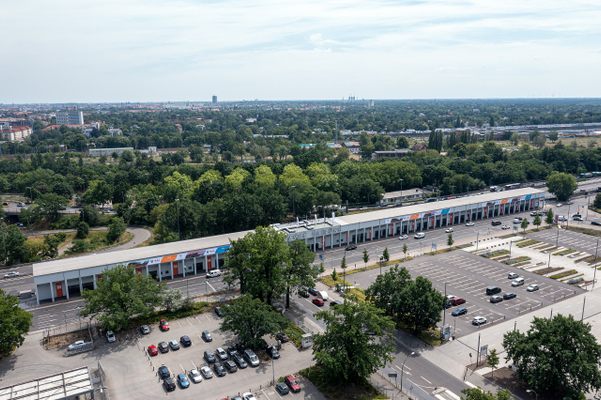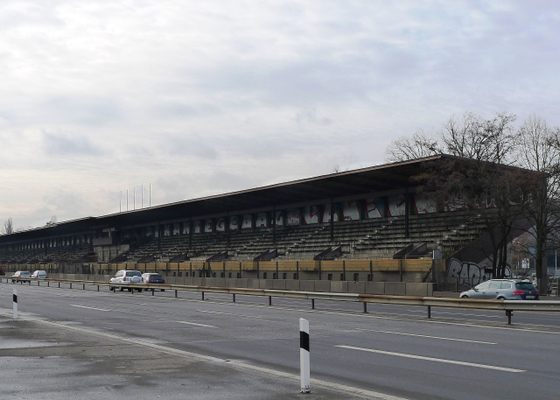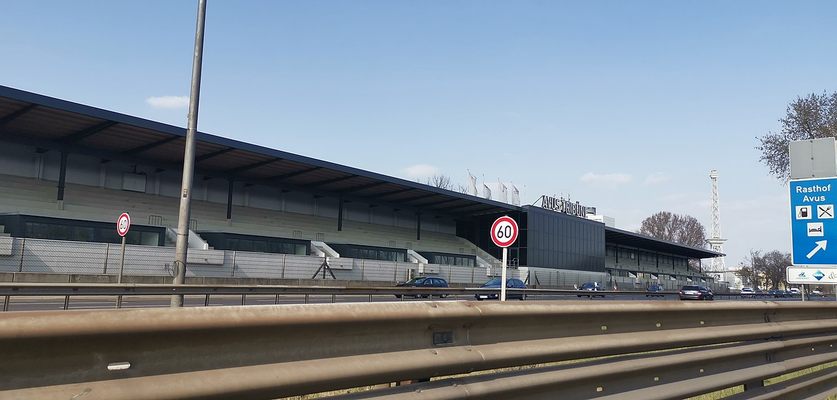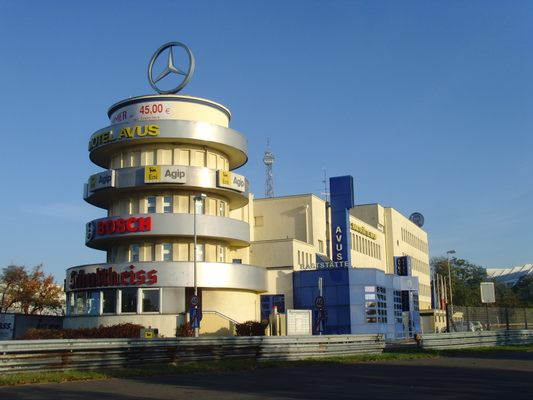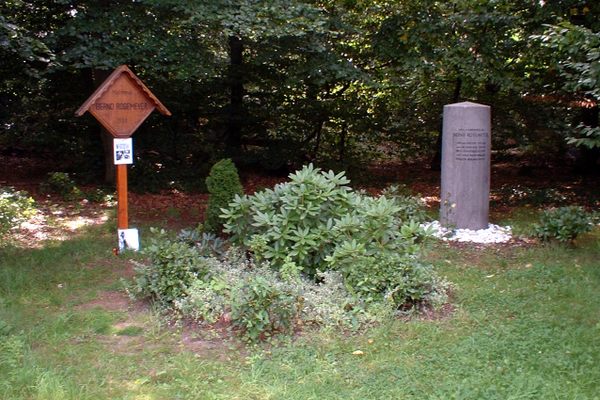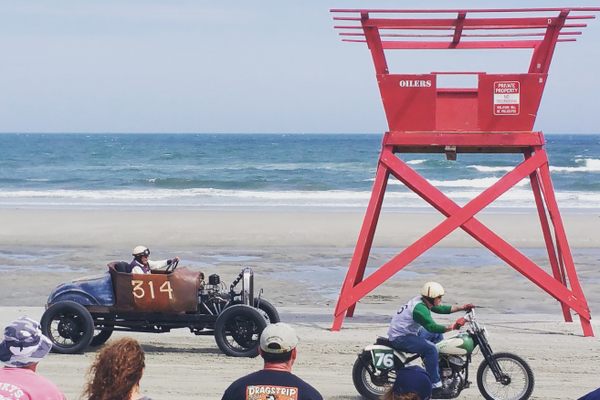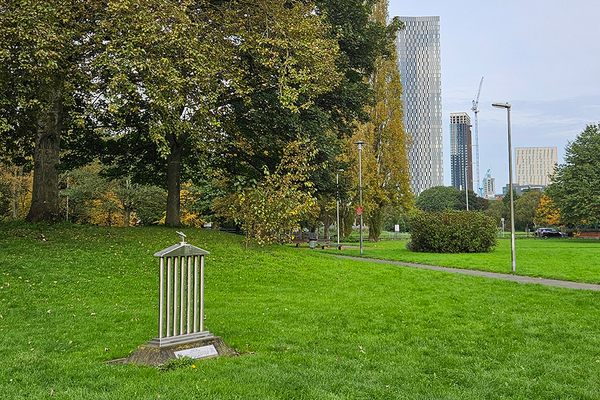About
First built in 1909 with one of its hairpin corners later modified and earning the nickname "the wall of death," this was one of the first and most famous racetracks in use until its last race was held on April 26, 1998.
The Avus Race of 1935 was to be the last in its original form, as the track in its current state was no longer suitable for “modern” race cars which could easily top speeds of over 200 kilometers per hour (the track record being 259 kilometers per hour that year. When it opened the track was a 19-kilometer (11.8 mile) circuit with two straight sections running parallel with hairpin corners on each end.
The track saw may changes during its history. One being the conversion of northern curve from a flat hairpin curve into a steep bank turn. The brick construction had a tilt of 43° and no retaining barriers, making it a truly death defying and dangerous. If you missed the turn or lost control, you would simply fly off the top of the track and crash—earning it the nickname “the wall of death”.
There are still a few reminders of one of the most legendary German racing circuits the AVUS. At the northern end of the old track the now flattened corner, the old wooden seated grandstand, the control tower that is now part of AVUS motel, and a motorcycle statue the “Motorradfahrer Denkmal" that depicts the famous motorcyclists Ewald Kluge and Ernst Henne.
The track was fully absorbed into Germany’s road network as autobahn #115 in 1998.
Related Tags
Know Before You Go
The now flattened "wall of death, the old wooden seated grandstand, the control tower that is now part of AVUS motel and a motorcycle statue the “Motorradfahrer Denkmal" can be seen at that was the norther end of the old track.
Community Contributors
Added By
Published
September 1, 2022

